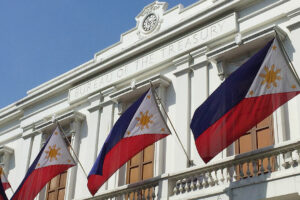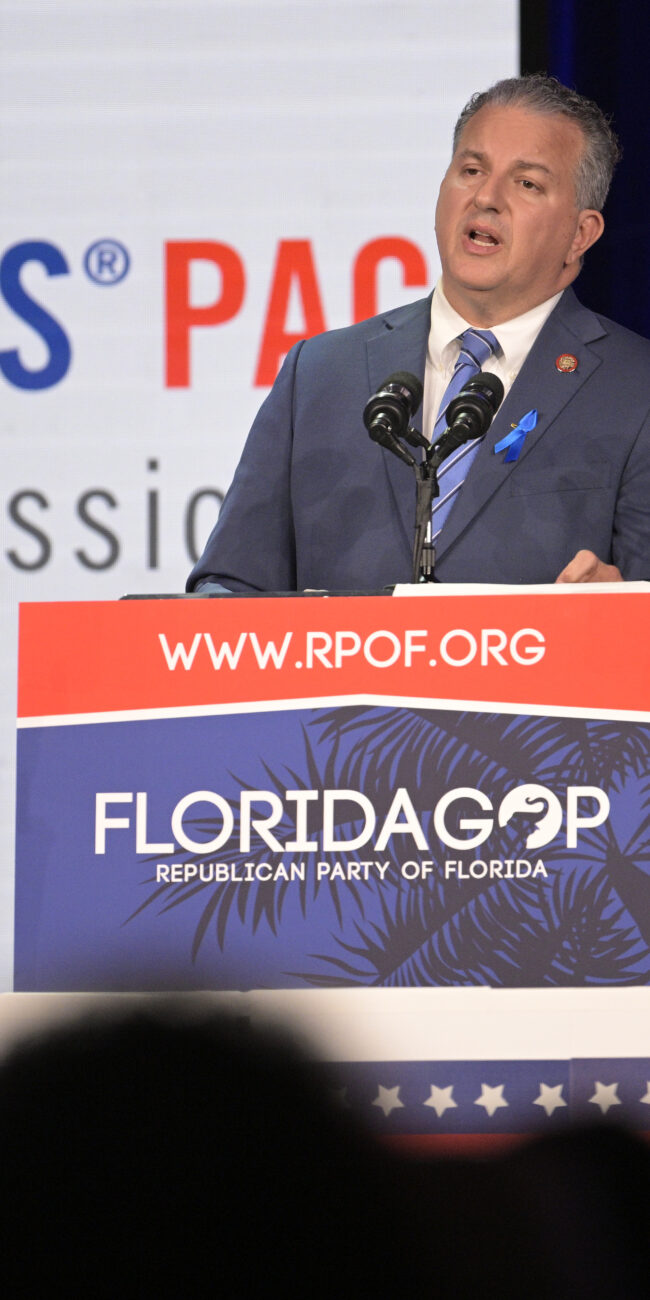
PHL still eyes re-inclusion in JPMorgan bond index
THE PHILIPPINES may find it difficult to reenter JPMorgan Chase & Co.’s widely tracked emerging market bond index (EMBI) by next year if investor issues remain unresolved, the National Treasurer said.
“That’s difficult. Let’s just say that we are trying to address all the issues that the investors raise, which include liquidity and tax,” National Treasurer Sharon P. Almanza told reporters on Monday.
Earlier this month, Bloomberg reported the Philippines missed the cut for the JPMorgan bond index this year.
The Finance department was earlier hoping the Philippines could re-enter JPMorgan’s EMBI, which tracks the performance of sovereign and quasi-sovereign bonds issued by emerging market countries.
Ms. Almanza said the next JPMorgan review will likely happen in the first quarter to mid-second quarter of 2025, before another round of consultations.
She noted the government is working on addressing issues raised by investors.
“We have implemented the tax treaty, so hopefully, that will address the issue of withholding tax because right now we have tax treaty with many countries including the big investors like the United States and the United Kingdom,” Ms. Almanza said.
Earlier this month, the Bureau of the Treasury (BTr) announced the implementation of a streamlined tax treaty procedure for the nonresident investors of government securities.
This was part of the BTr’s ongoing efforts to boost offshore participation and strengthen the domestic capital market.
Last week, Department of Finance (DoF) Secretary Ralph G. Recto met with senior officials of JPMorgan to explore potential areas of collaboration and initiatives in the Philippine capital market.
The DoF said it discussed JPMorgan’s ongoing operations in the Philippines, avenues for partnership, and progress in the inclusion of the Philippine government-issued securities in the JPMorgan bond index. It said that inclusion in the EMBI would “enhance foreign investor access to peso-denominated government bonds, reduce friction costs, and strengthen the country’s investment attractiveness.”
Meanwhile, asked if there are plans for more external borrowings before yearend, Ms. Almanza said: “We’re close. We’re just finishing the program loans. But for the commercial ones, we’re done. Then it’s just the auction, and that’s it. We’re almost complete for the year.”
So far this year, the National Government (NG) has only raised $4.5 billion out of its $5-billion plan to borrow from the international debt market.
The government has issued US dollar-denominated global bonds this year, raising $2 billion in May, and another $2.5 billion in August.
For 2025 to 2027, the NG plans to source at least 80% of its borrowing program from domestic sources, and 20% from foreign lenders, according to the 2025 Budget of Expenditures and Sources of Financing. — A.R.A.Inosante

